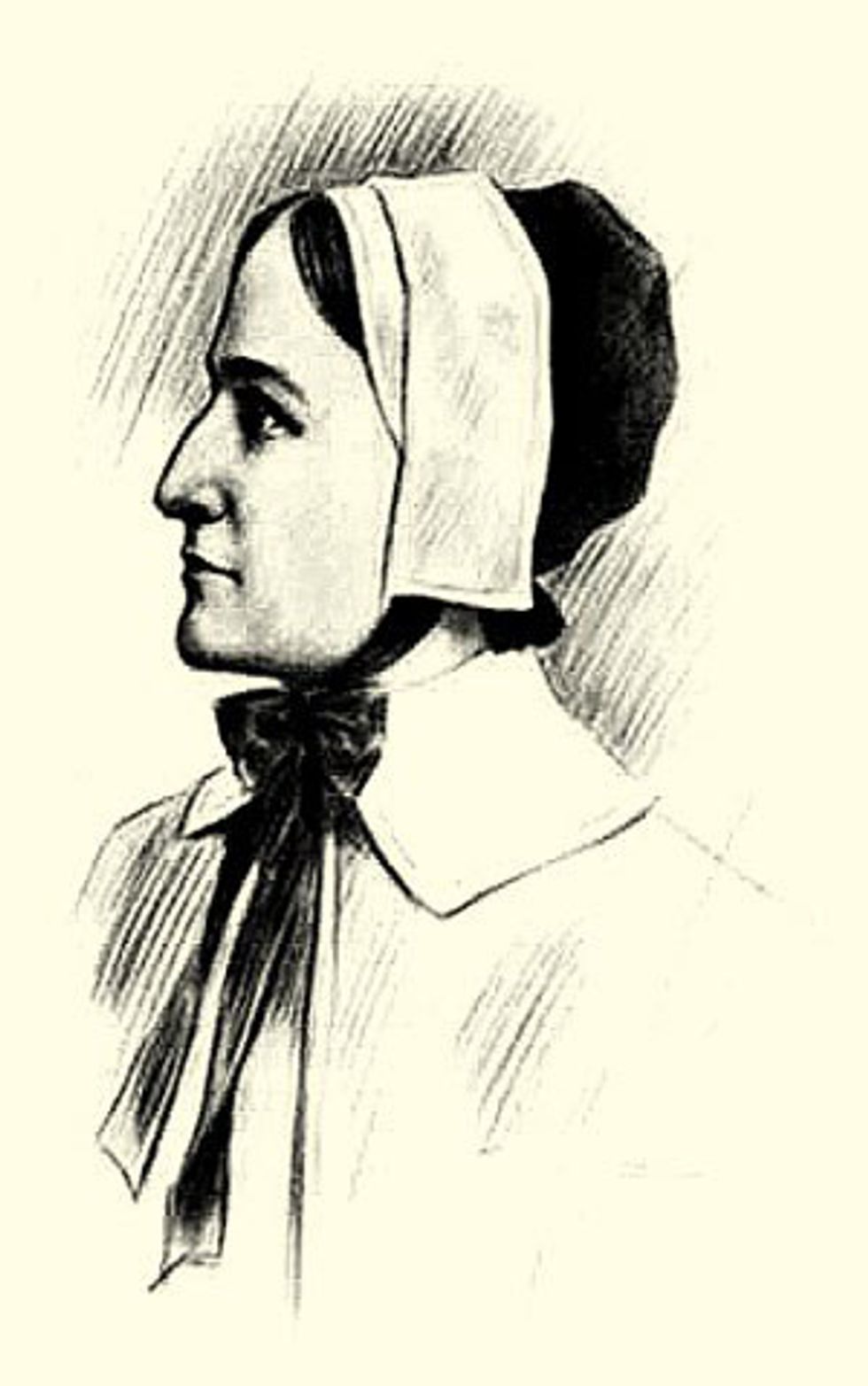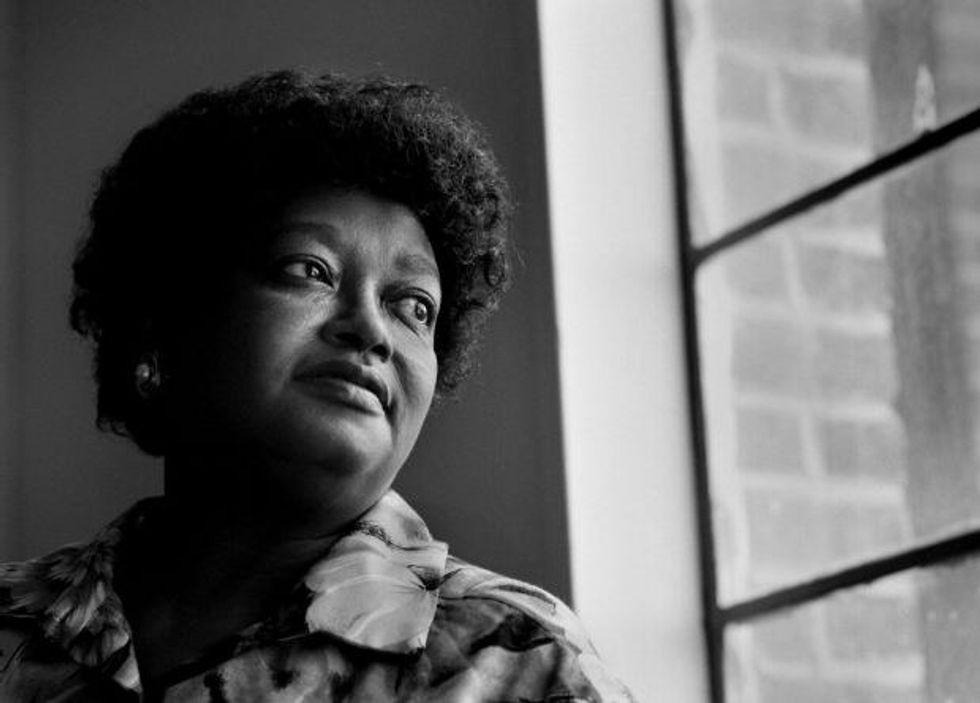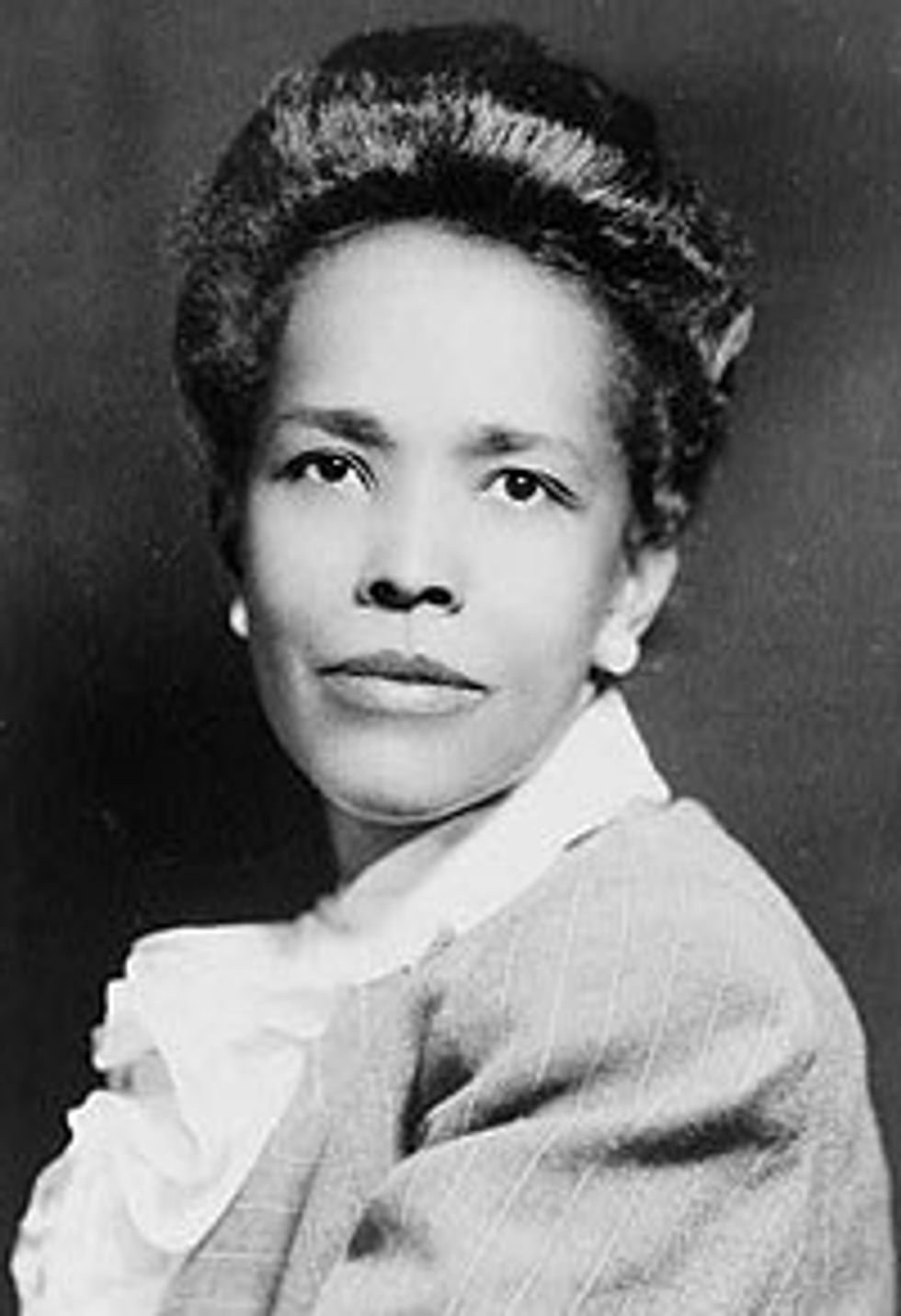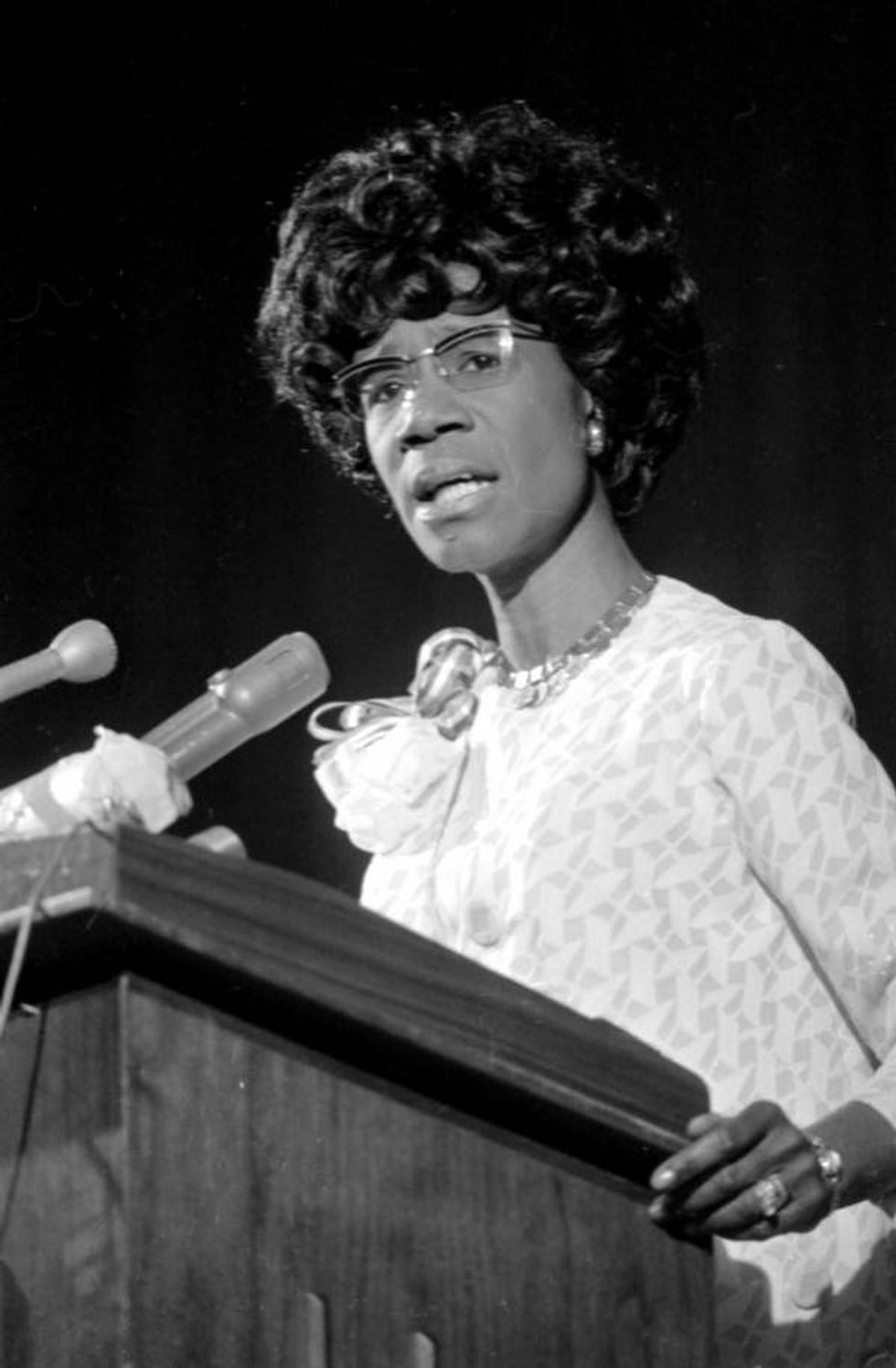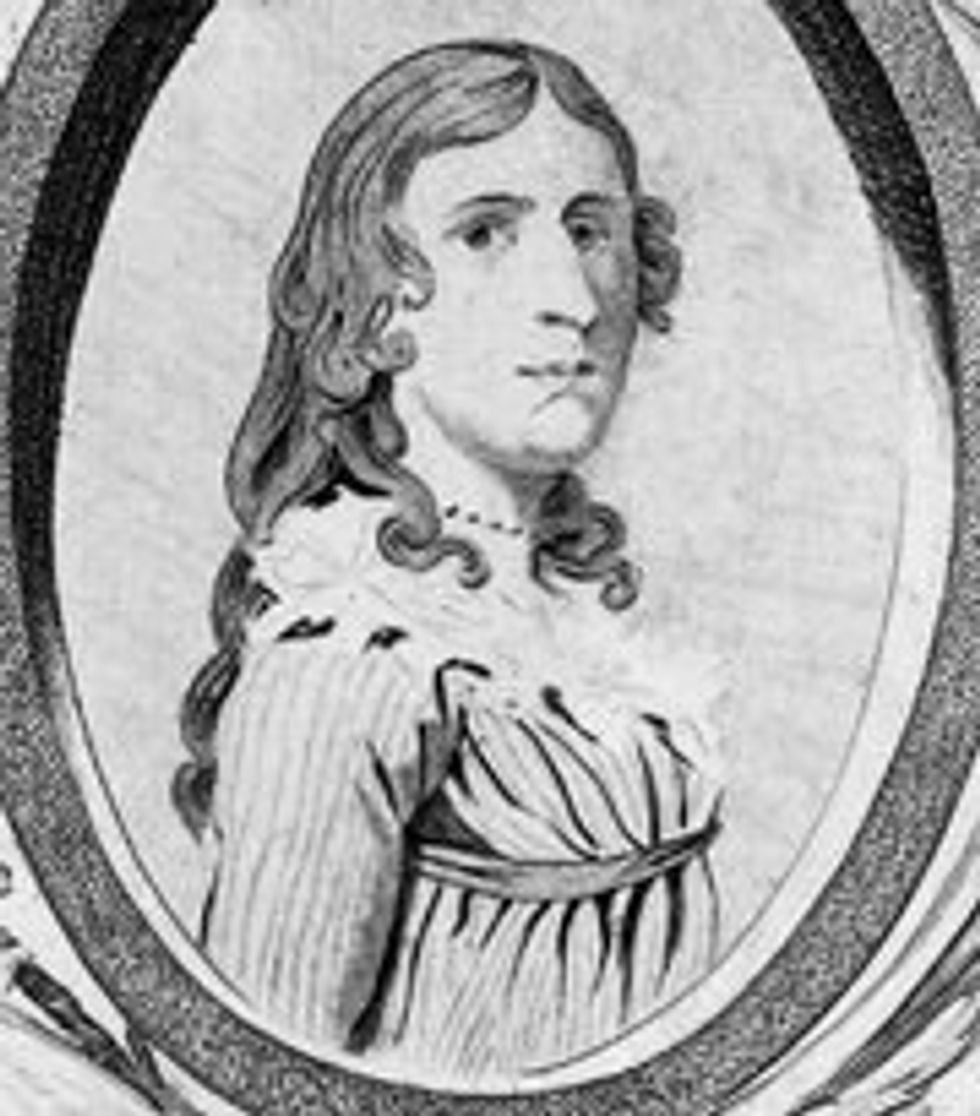History reflects our society on a deeper level than we notice. Many events and people get left out of standard history lessons do them deviating from the norm at the time. Yet, I think that it is so important to learn about people ahead of their time. In honor of Women's History Month, I've written about five women that defied gender roles and were willing to take risks, yet they usually don't receive proper recognition or legacies in history.
Anne Hutchinson "I am called here to answer before you, but I hear no things laid to my charge"
Anne Hutchinson was a midwife and religious leader during the Great Awakening. She was also a daughter of a clergyman and led a bible study in her home. She argued that inner grace determined who could be the elect. Hutchinson was put on trial for antinomianism and represented herself in trial. The General Court of Massachusetts banished her in 1638.
Claudette Colvin "I just couldn't move. History had me glued to the seat."
Before Rosa Parks there was Claudette Colvin. On March 2, 1955 at age fifteen, she became the first African American to refuse to give up her seat on the bus to a white passenger and was arrested. She was a plaintiff in the Browder vs Gayle case. The NAACP contemplated using her case to support desegregation but decided against it due to her young age and because shortly after her arrest she became pregnant. After her time as an activist, she moved to New York and became a Nurse's Aid until she retired. She is still alive today.
Ella Baker "Give light and people will find the way."
Ella Baker worked with major Civil Rights Leaders and should be considered one herself. She was the NAACP Field Secretary from 1943-46. She worked for SCLC (Southern Christian Leadership Conference) and helped co-found SNCC (Student Nonviolent Coordinating Committee) and CORE (Congress of Racial Equality). Within the SNCC, Baker helped found the Mississippi Freedom Democratic Party. The film, “Fundi: The Story of Ella Baker,” was a documentary produced in 1981 which was six years before Baker’s death and explained her journey throughout the Civil Rights Movement.
Shirley Chisholm "I don't measure America by its achievement but by its potential."
In 1968, Shirley Chisholm became the first African-American congresswoman. She served seven terms for the House of Representatives. While in Congress, she worked for Education issues and the Labor Committee. In 1969, she became one of the founding members of the Congressional Black Caucus. In 1972, she became first African American woman of a major party to run for a presidential nomination. She wrote two books "Unbought and Unbossed" (1970) and "The Good Fight" (1973). Chisholm passed away in 2005. In November 2015, President Obama posthumous awarded her the Presidential Medal of Freedom.
Deborah Sampson "What shall I say further? Shall I not stop short and leave to your imaginations to portray the tragic deeds of war?"
Deborah Sampson served in the Revolutionary War as something different from the societal norms. Born in Plymton, Massachusetts, she was an indentured servant and teacher for a few years. In the spring of 1781, Sampson disgusted herself as a male and enlisted herself in the Revolutionary War to fight for the Continental Army. She fought for two years and her sex was only discovered after being injured. On October 23, 1783, she received an honorable discharge. Around June of 1802, Sampson became the first female in the country to go on a lecture tour.




